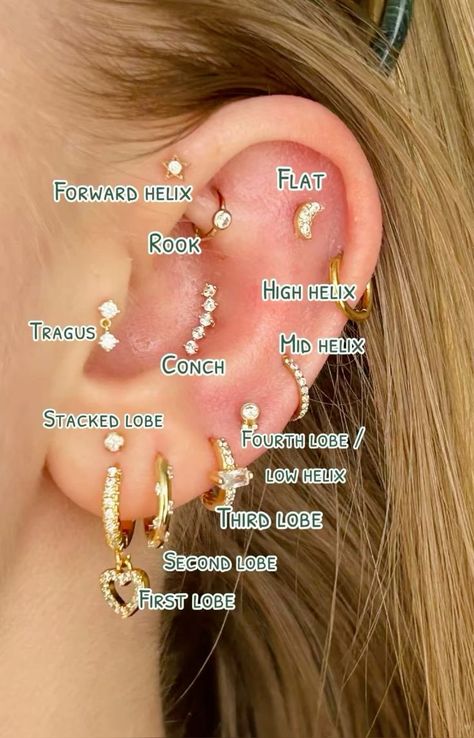Which Closing Strategies Align with the Evolution of Consumer Expectations?

In the ever-changing world of sales, adjusting closing strategies to meet the evolving expectations of customers is essential to achieve the success of your business. As customers become more educated and empowered, as well as technologically adept, Sales closers need to adjust their methods to adapt to the changing demands of customers. This article will discuss closing strategies that align with the ever-changing expectations of the consumer, contributing to more efficient and customer-centric sales procedures.
Consultative Selling:
The evolution of consumer expectations calls for a shift from traditional transactional approaches to consultative selling. Modern consumers seek more than a simple exchange of goods or services; they desire a personalized and consultative experience. Sales professionals employing consultative selling strategies focus on understanding the unique needs and challenges of each customer.
By actively listening and engaging in meaningful conversations, sales professionals can uncover customer pain points and tailor their offerings accordingly. This approach builds trust and positions the salesperson as a trusted advisor, creating a connection that goes beyond a one-time transaction.
Educational Selling:
In an era where information is readily accessible, consumers appreciate sales professionals who prioritize education over persuasion. Educational selling involves providing valuable and relevant information to help consumers make informed decisions. This aligns with the evolution of consumer expectations, where individuals seek transparency. And a deeper understanding of the products or services they are considering.
Sales professionals adopting educational selling strategies focus on providing insights, answering questions, and addressing concerns. By positioning themselves as knowledgeable resources, they not only facilitate the decision-making process but also establish a foundation of trust with the consumer.
Multi-Channel Engagement:
Consumer expectations have evolved to encompass a preference for multi-channel engagement. Sales strategies need to extend beyond traditional face-to-face interactions to include digital channels. The use of email, social media, live chat, and other online platforms enables sales professionals. To reach consumers where they are most comfortable.
By incorporating a multi-channel approach, sales professionals can adapt to varying communication preferences. This aligns with the consumer expectation of seamless and convenient interactions, enhancing the overall buying experience.
Authenticity and Transparency:
The evolution of consumer expectations places a high value on authenticity and transparency in business dealings. Closing strategies that emphasize honesty and openness resonate well with today’s consumers. Sales professionals who communicate transparently about product features, pricing structures, and potential challenges build credibility and foster trust.
Authenticity in sales involves being genuine and human in interactions, moving away from scripted pitches to more natural conversations. Consumers appreciate sales professionals who prioritize building authentic connections over purely transactional relationships.
Personalization and Customization:
Consumers now expect personalized and customized experiences throughout their purchasing journey. Closing strategies that take into account individual preferences, behaviors, and demographics are more likely to succeed. Sales professionals leveraging data and analytics to understand customer profiles can tailor their pitches and offerings to align with specific needs.
Whether it’s personalized product recommendations, customized solutions, or targeted promotions, personalization enhances the customer experience and increases the likelihood of successful closures.
Emphasis on Customer Experience:
The evolution of consumer expectations places a heightened emphasis on the overall customer experience. Closing strategies that prioritize customer satisfaction, post-purchase support, and ongoing engagement contribute to positive experiences that go beyond the initial sale. Sales professionals who view the closing of a deal as the beginning of a long-term relationship are more likely to align with consumer expectations.
By demonstrating a commitment to customer success, sales professionals can differentiate themselves in a competitive market and foster loyalty among their client base.
Utilization of Technology:
Consumers today are accustomed to leveraging technology in their daily lives, and they expect businesses to do the same. Sales closers strategies that integrate technology, such as customer relationship management (CRM) tools, artificial intelligence, and automation, can streamline processes and enhance efficiency.
By embracing technology, sales professionals can stay agile, respond promptly to consumer inquiries. And provide a more seamless and tech-savvy experience that aligns with modern expectations.
Social Proof and Reviews:
Consumer expectations are heavily influenced by the opinions of their peers. Closing strategies that incorporate social proof, such as customer testimonials, reviews, and case studies, can significantly impact purchasing decisions. Sales professionals should actively seek and showcase positive feedback to build credibility and instill confidence in potential buyers.
By leveraging social proof, Sales closers professionals align their closing strategies with the collective voice of satisfied customers, reinforcing the value proposition of their offerings.
Conclusion:
In conclusion, Sales closers strategies that align with the evolution of consumer expectations prioritize consultative selling. As well as educational approaches, multi-channel engagement, authenticity, personalization, customer experience, technology utilization, and the integration of social proof. In an era where consumers are empowered, informed, and seek meaningful interactions, adapting closing strategies to cater to these expectations is essential for sales success.
Sales professionals who understand and embrace these evolving dynamics position themselves to not only close deals effectively. But also cultivate long-term relationships with satisfied and loyal customers. By continually refining and aligning closing strategies with the ever-changing landscape of consumer expectations, sales professionals can stay ahead in a competitive market and thrive in the era of customer-centric commerce.











